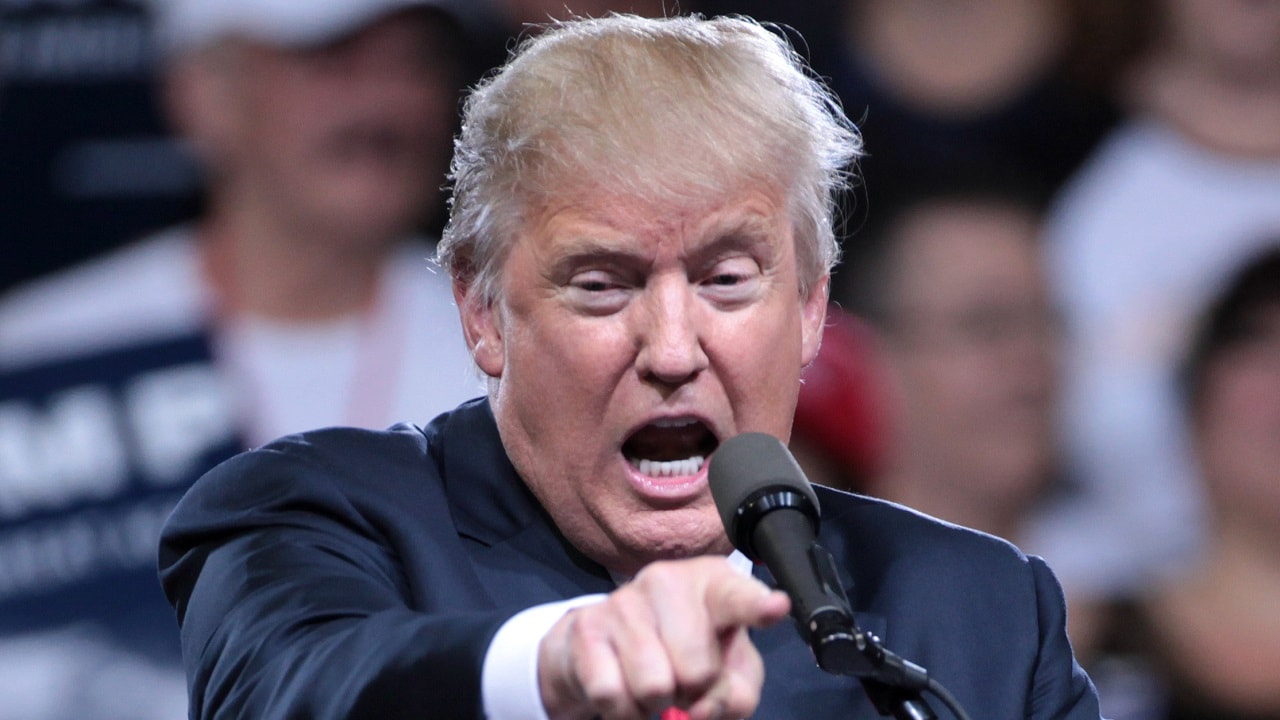The United States spent a combined $6 trillion of money we didn’t have on responding to the novel coronavirus that leeched out of Wuhan, China, at the end of 2019 – and made its way to the U.S. by 2020.
This number includes money spent on all the bailouts for renters, for those who were made unemployed by the government’s COVID-19 response, for the stimulus checks sent to Americans, to healthcare providers, to schools, to the airline industry, to things like “nutrition assistance”, and to state, city, and local governments for “COVID-related expenses”.
There was very little oversight of these funds. And most of the tax dollars spent in a meager two years went to expenditures mostly unrelated to the pandemic. It became a giant giveaway for ambitious politicians, Republican and Democrat alike.
Since COVID-19 was a health crisis, money should have been spent on the nation’s healthcare system. Beyond that, though, there should have been greater limits imposed on the spending.
After all, America’s present economic crisis is a direct result of the massive printing of money and unchecked spending that both the Trump and, later, Biden Administrations engaged in for the sake of saving us from the pandemic.
Wasting Money
Six trillion dollars is a cartoonish amount of money. We absolutely needed to combat COVID-19, using all societal means available. That doesn’t mean, though, that we should’ve lost our sense of propriety when it came to managing our fiscal house.
Another aspect of the spending spree that has now crippled the United States, in the long run, has been the impact of the shutdowns.
As I document in my book, Biohacked: China’s Race to Control Life (Encounter Books), the U.S. government’s medical experts—notably Dr. Anthony Fauci—were initially insistent that Americans had nothing to worry about from the novel coronavirus that was initially isolated in China.
Fauci even mocked the notion of national lockdowns in the United States as a viable response to the outbreak of COVID-19 in the United States.
Just a few weeks after Fauci had made these claims, however, he became the biggest cheerleader in the Trump Administration for national lockdowns. Given the unknown origins of the novel coronavirus from Wuhan, China—and the fact that Beijing was obviously covering up much about the disease—it made sense for American leaders to operate with extreme caution.
Fifteen Days (or More) to Flatten the Curve?
Giving the medical community “15 days to flatten the curve” made sense, considering how damaging a pandemic could have been to America’s already overburdened medical system.
Interestingly, as I document in my book, there was a 2015 white paper written by a group of Chinese military scientists that outlined how China’s military could weaponize coronaviruses and use them to collapse a rival nation’s medical system which, in turn, would paralyze their economy and, ultimately, destroy their sociopolitical order in a relatively short amount of time.
After 15 days, however, keeping a nation full of more than 321 million people shutdown seemed excessive, to say the least.
The most damning part of the era of easy COVID-19 money. Small businesses were most harmed by that period, when Washington decided to destroy the most productive parts of our economy and then to burn $6 trillion to bolster non-productive elements and to incentivize such non-productive behavior in our citizenry—all in the name of “fighting the disease.”
Think about it: $6 trillion wasted on the most short-term, unnecessary spate of programs imaginable. After 15 days, why was the nation still shut down?
Why did the Trump Administration not lay the blame for the pandemic at the feet of the real culprits, the People’s Republic of China – and, therefore, demand reparations from Beijing?
What had served for keeping the country locked down for weeks and months after the outbreak of the novel coronavirus?
What Could Have Been Done with $6 Trillion
More importantly, just imagine what we might have gotten had we spent that money on actual productive programs?
Want more advanced infrastructure? A few trillion could’ve been spent on that.
Want to make America the center of the Fourth Industrial Revolution? A couple of trillion could have been spent on that.
Are you interested in America becoming the capital of the new space mining economy, where the world’s first trillionaire is believed will come from? A trillion dollars of taxpayer money could’ve helped to catapult this budding industry into the next phase of its slow development.
All these programs could’ve easily delivered massive growth in the long term that would have benefited the United States far more than micturating away $6 trillion on paying to keep people from working.
The U.S. government destroyed the bulk of America’s money-making parts of its economy—notably small businesses—and then spent an inordinate amount of money paying to help those they had made unemployed by their overzealous policies.
A 19FortyFive Senior Editor, Brandon J. Weichert is a former Congressional staffer and geopolitical analyst who is a contributor at The Washington Times, as well as at American Greatness and the Asia Times. He is the author of Winning Space: How America Remains a Superpower (Republic Book Publishers), Biohacked: China’s Race to Control Life (May 16), and The Shadow War: Iran’s Quest for Supremacy (July 23). Weichert can be followed via Twitter @WeTheBrandon.
From 19FortyFive
How To Sink A $3 Billion Dollar Submarine: Leave A Hatch Open
Smashed To Pieces: Video Shows Ukraine Hitting Russian Air Defenses

